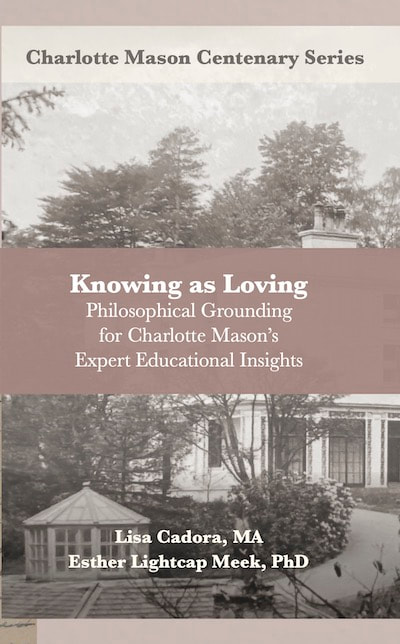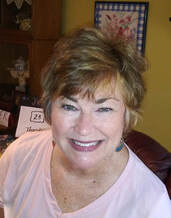Knowing as Loving: Philosophical Grounding for Charlotte Mason's Expert Educational Insights
We come together to propose and demonstrate that covenant epistemology accords fundamentally with Charlotte Mason’s innovative and effective theory for educating children, thus giving expression to the philosophical grounding of her approach.
|
Available in Print and Ebook
|
A theory of education is rooted most deeply in philosophical commitments regarding what it means to be human, what is real and how we know it (philosophical anthropology, metaphysics, and epistemology.) The still-dominant, defining implicit philosophical commitments of our own modern era (1600s to the present), are skewed to disavow the real, instrumentalize understanding, and dehumanize persons. These play out damagingly in educational theory and practice. Charlotte Maria Shaw Mason’s theses enact an alternative philosophical vision which correctly diagnoses and healingly subverts modernity’s skewed and damaging claims. We propose and show that philosopher Esther Lightcap Meek’s “covenant epistemology” accords profoundly with Charlotte Mason’s innovative and effective vision for educating children, giving expression to the philosophical grounding of her approach. This alignment serves to confirm Mason’s insights and expand our grasp of how to implement them.
Coauthored with Mason expert Lisa Cadora, this monograph is one of the Charlotte Mason Centenary Series, Deani Van Pelt, Series editor, produced in honor of the 2023 Mason Centenary, by the Charlotte Mason Institute. The multi-authored Charlotte Mason Centenary Monograph series is designed to highlight and explore the continuing educational and leadership relevance of Charlotte Mason (1842–1923) through the collective contributions of the Armitt Museum and Library, the University of Cumbria, the Charlotte Mason Institute, and other scholars and practitioners worldwide. |

